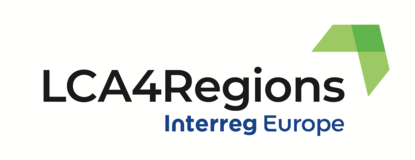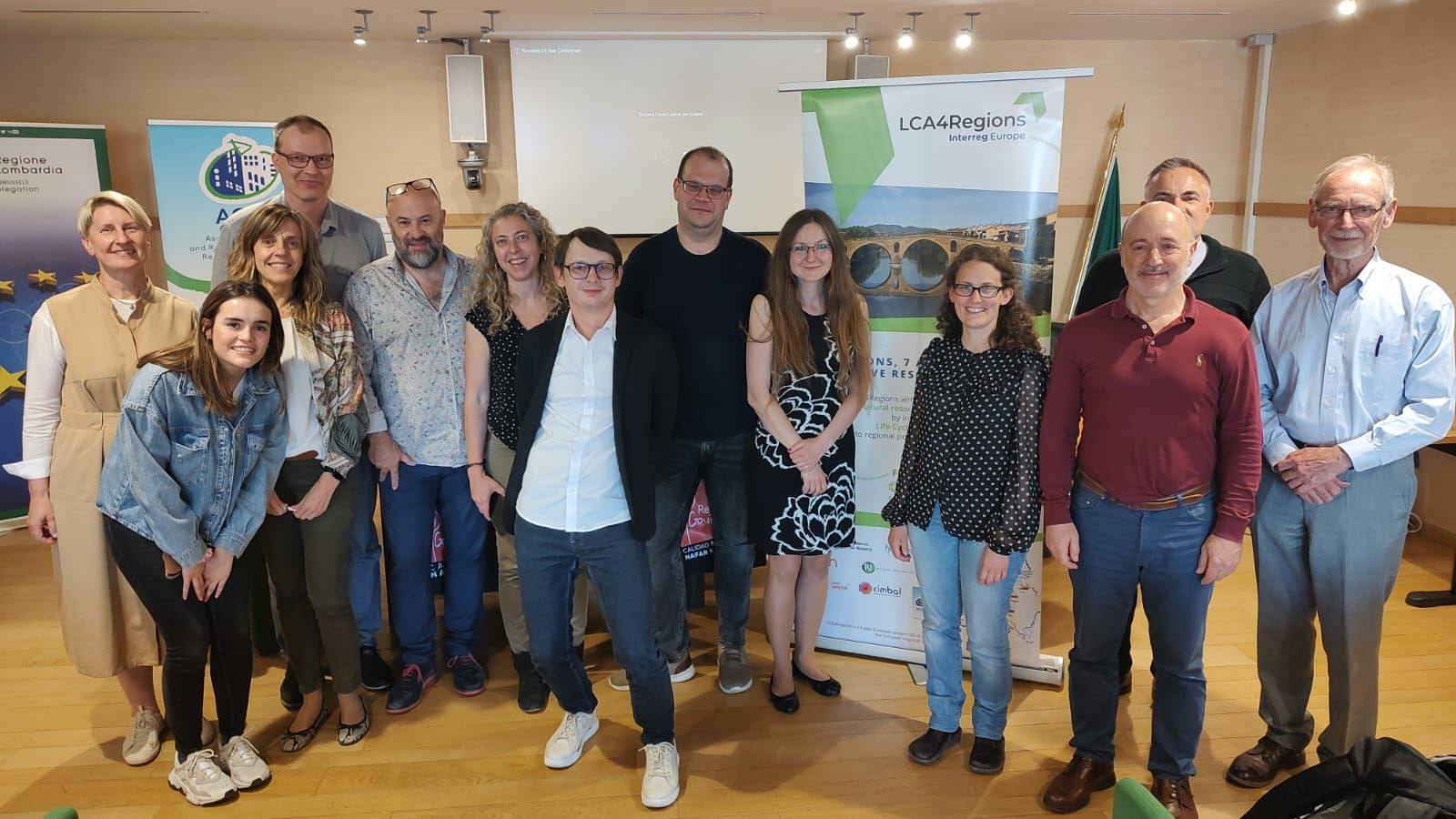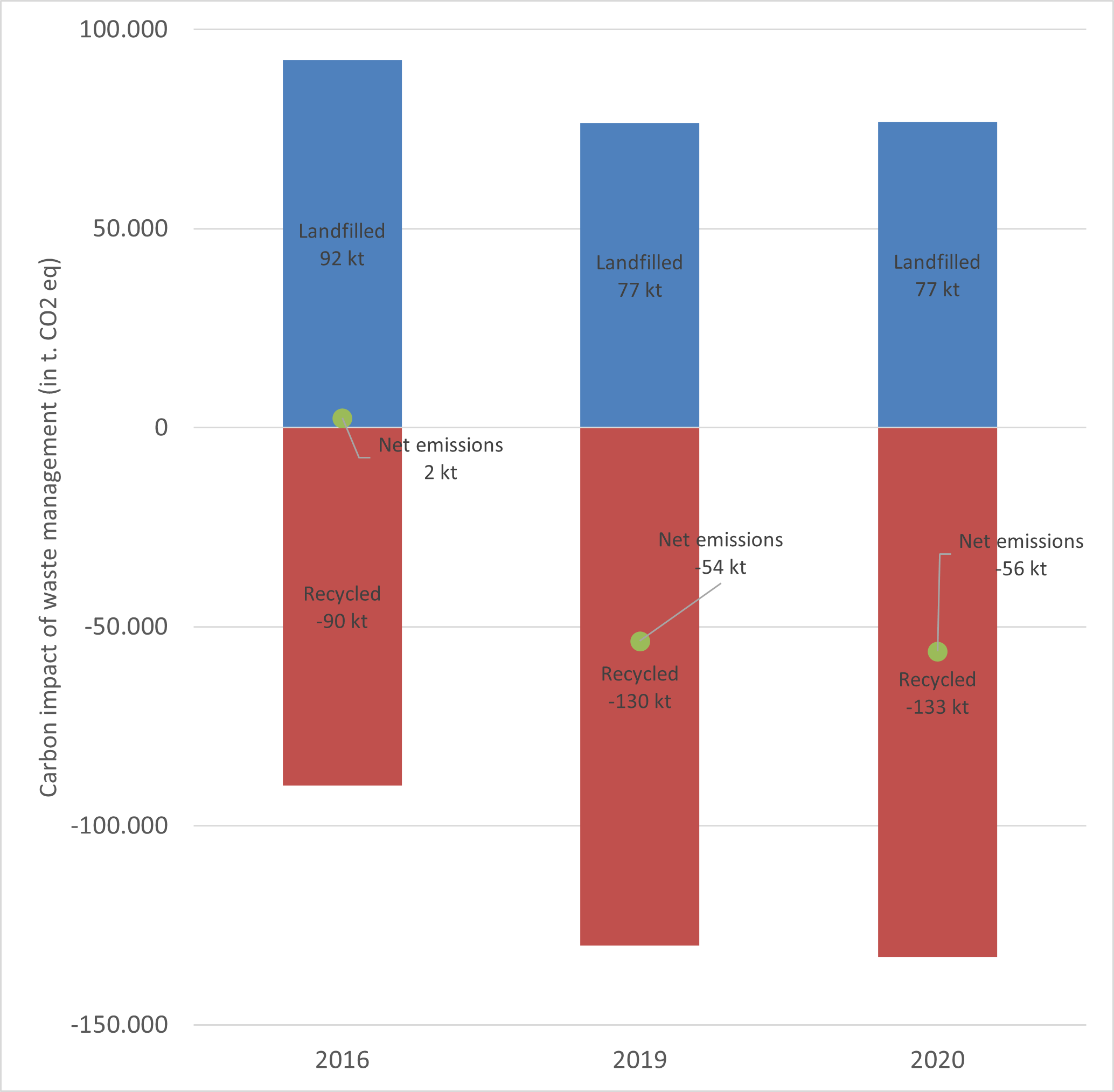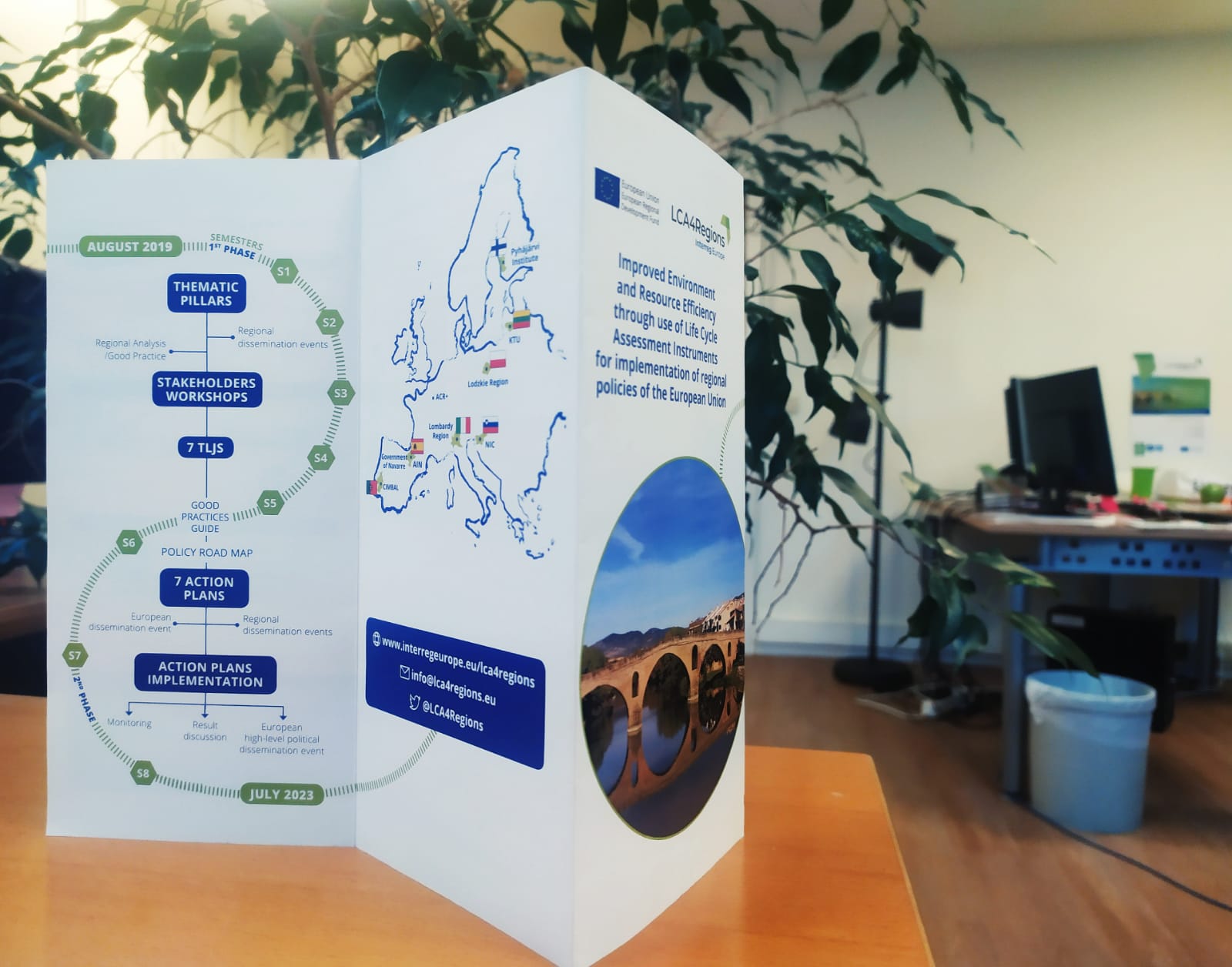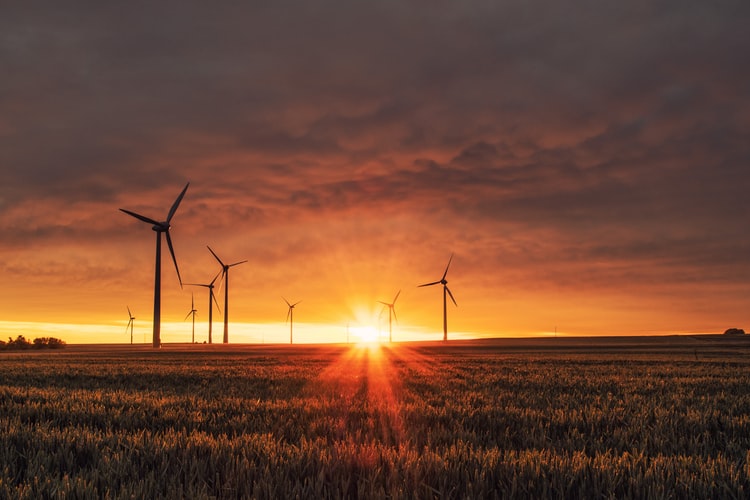For the first time since the beginning of this Interreg Europe project, partners of LCA4Regions went to the field to experiment how life-cycle assessment (LCA) could in practice be implemented in environmental and resource efficiency policies. For this, they set for Lithuania where they discovered some local good practices and grasped the specificities of the Lithuanian context and policies.

Kaunas, Lithuania – After a five-month incubation period, the LCA4Regions partners met in Kaunas,
Lithuania, for the first stop of their journey towards the integration of life cycle (LC) approach in
public policies related to environment and resource efficiency. The Kaunas University of
Technology hosted this so-called Transnational Learning Journey (TLJ) on 15 and 16 January 2020.
TLJs – seven during the whole project – include thematic workshops, site visits, and peer reviews.
They are taking place in each of the seven territories targeted by LCA4Regions to provide partners
with a deeper understanding of the associated policies from the local perspectives.
In addition to LCA4Regions partners, relevant stakeholders from Spain, Portugal, and Lithuania
joined the meeting: Acciona Energia, GAN-NIK (environmental management of Navarra), EDIA
(the public company managing the Alqueva Multipurpose Project), Castro Verde municipality, and last but definitely not least, the Ministry of the Economy and Innovation of Lithuania.
This first TLJ started with a thematic workshop entitled “From theory to practice”, introduced by
Fritz Balkau, an external expert on life cycle methodologies and author of the book “Life Cycle
Approaches to Sustainable Regional Development”. He highlighted key points of LC thinking and
applications, stressing the importance of both the upstream (supply chain) and downstream
processes for a holistic and effective improvement of regional policy instruments. The workshop
concluded with an overview of a toolbox that includes elements such as concepts, methods,
actions and management tools to properly implement the LC approach.

A second session was dedicated to peer-to-peer review and exchange with the aim of discussing
regional experiences in the implementation of LC. For this, partners presented the seven regional analysis already conducted, followed by a first benchmarking analysis realised by ACR+. They shared good practices focused on practical means to apply LC in three of the five thematic pillars identified by the project (resource-efficiency, public procurement, and waste and material flows) before discussing opportunities of transferability to their respective territories.
This Lithuanian TLJ included study visits in Vilnius, the capital of the country. Partners were
introduced to SoliTek, a company specialised in solar cells and panels, which aims to optimize the
resource-efficiency of their production processes through LC. They also learnt more about Užstato
Sistemos Administratorius, the public institution managing the entire deposit refund system for
packaging waste.
At the end of the study visits, Raúl Salanueva Murguialday, policy-maker from the Government of
Navarra – leading partner of LCA4Regions – could not hide his enthusiasm and ambition to
concretely introduce life cycle into policies instruments. He emphasised the value of the interaction
between regions and the sharing of good practices in order to clarify regional goals and priorities.
This first TLJ was a successful starting point to lay the foundations of a fruitful exchange of
experience which will lead to the elaboration of 7 Action Plans by 2022. In the coming months
partners will complete their regional analysis and organise events on their territories. The next TLJ
will be hosted by Navarra in May 2020. A first newsletter issue will also be published summarising
the project’s achievements so far.
Make sure you receive it by subscribing to the LCA4Regions mailing list.
